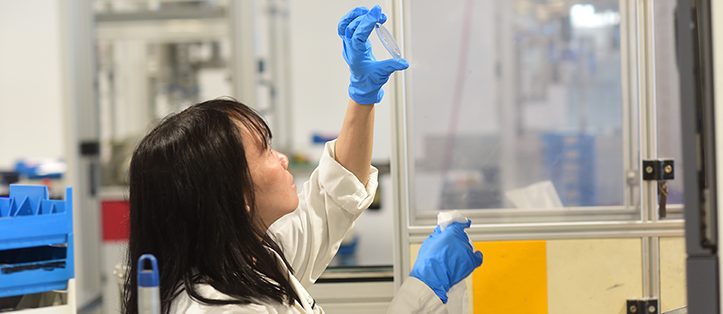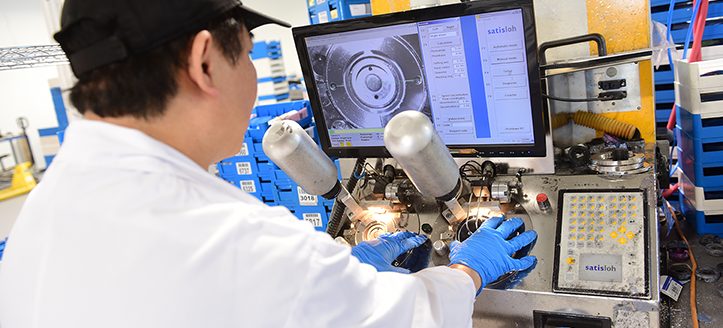.png)
Author: Robert Shanbaum
11 November 2019
Is Your Lab Real
There was a time when the title of this article would be assumed to be facetious – if you ordered lenses or spectacles from an optical lab and actually received them, you could pretty well rest assured the same lab had actually made the lenses.
I can recall when that first began to change in Dallas, Texas, which, back in the 60s and 70s when I lived and worked there, was arguably the center of the optical universe in North America, if not the world. One superlab of several then in existence in Dallas started to buy up its smaller competitors around town.
In almost every case, the acquired lab appeared to continue to do business, when in fact, from shortly after its acquisition, its production had been completely absorbed into that of its acquirer.
The acquired lab still issued price lists, and all of the usual business forms such as Rx forms, invoices and statements, continued to be decorated with the acquired lab’s trade dress, at least for a while.

But that trade dress was really all that was left of those acquired labs and eventually, that too was abandoned, as word inevitably got around as to what had transpired. But in any case, I think that’s the time to which I would point as the first incarnation of the “virtual” lab – a lab that takes orders and gets product delivered, but which may not actually manufacture anything.
Fast-forward about 30 years, and we find a somewhat similar phenomenon – at least superficially. What’s happened over the last few years is that some domestic optical labs have discovered offshoring. Like just about anything that is manufactured, ophthalmic goods can be manufactured cheaper in China than they can be manufactured domestically, and the cost differences can be astonishing. We have seen a number of Innovations software users shut down their surface labs, turning instead to Asian suppliers for surfaced lenses.
This creates a completely different set of demands on lab software. Instead of being concerned with the sometimes brutally obscure and challenging requirements of manufacturing and production management, we find ourselves tasked with managing logistics.

Orders come in (usually electronically) and we have to figure out to which of several suppliers a lens order (and possibly, distinct orders for frames and other components) should be transmitted. We transmit them, and then we may have to interact with the remote supplier(s) to provide tracking and ultimately, shipping information back to the sending lab.
When the ordered products arrive back at the sending lab, we may have to route the incoming materials to a staging facility where the various components can efficiently “meet up”, from which they’re sent on to be edged (if they’re not already edged, which is usually the case), assembled, checked and shipped.
During the first 30 or so years in which our software has been used to improve the operation of optical labs, we’ve always had to deal with orders that couldn’t be done in the lab in which they were initially received; but those were exceptions, and a bit of manual handling of such orders was accepted. When a lab outsources everything, there’s a tremendous need for our software to automate the processes involved.
And of course, it’s not as though we no longer have to deal with manufacturing and production. Aside from the fact that many domestic labs haven’t embraced offshoring; the Asian labs that now receive the outsourced orders, many of them use our software!

Robert Shanbaum, Optical Lab Expert
Robert began his career in the optical industry at age 15, picking lenses in his father’s wholesale laboratory in Texas. In the 1970’s he founded Peepers, a chain of optical boutiques in Dallas. Later, Robert formed Visiontech, selling machinery and software to optical labs. His popular RxCalc program was acquired by Gerber Optical and Robert moved to Connecticut to help design and develop the Innovations Lab Software. Following the acquisition of the Innovations software business by Ocuco Ltd. in 2007, Robert Shanbaum became President of the Ocuco Inc., Ocuco Ltd.’s newly formed American subsidiary.